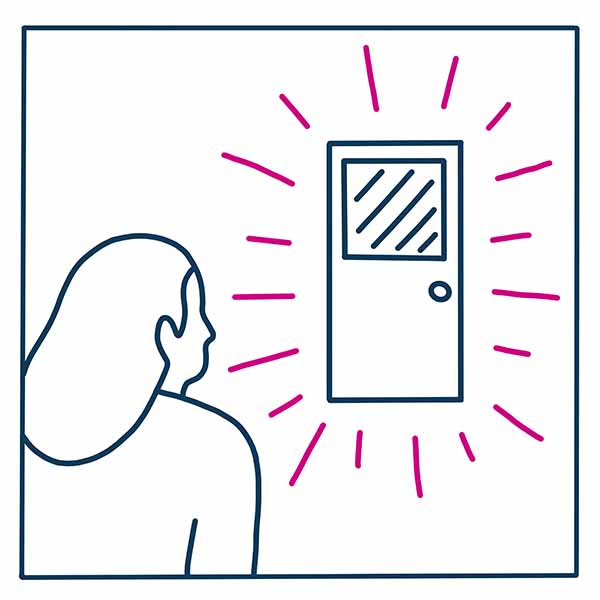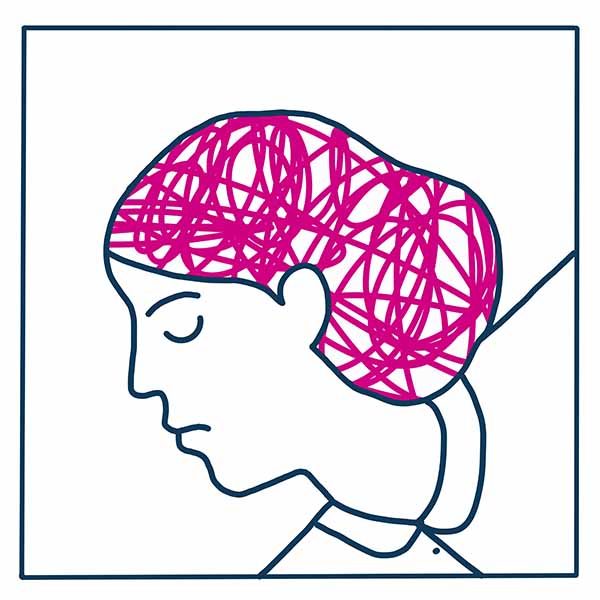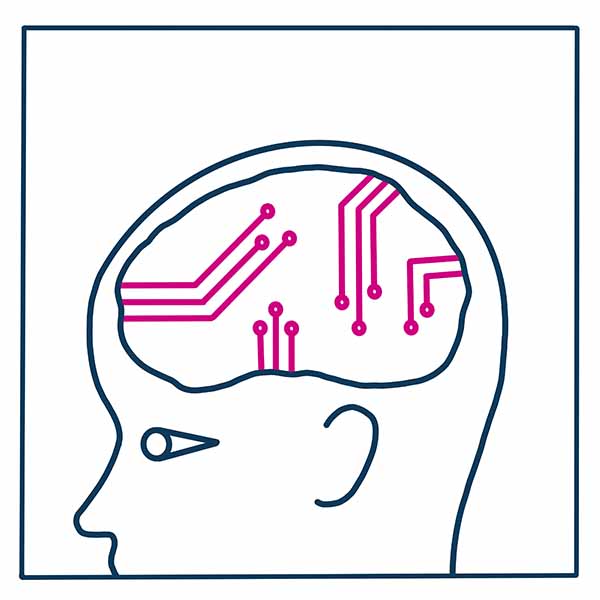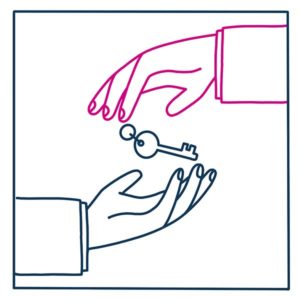Inductions have a long history, but onboarding is the new kid on the block. High-performing organisations should, of course, do both. But how do you avoid blurred lines, duplicated effort and confusion and retain your newly hired talent? By understanding the differences between induction and onboarding and making sure you get both right. This article marks some key differences, but bear in mind that in practice there is likely to be some crossover because every organisation is different.
Induction…
-
…is about practical and technical integration: it’s about connecting the employee with the bureaucratic, hierarchical and technological systems used across the company, so they can start ‘plugging in’ to these systems
-
…is where the form-filling happens: there are specific administrative milestones in the first stages of a job that never get repeated (except to update information). This includes next-of-kin information, bank account details, IT requirements and sign-up forms for employee benefits
-
…should cover basic human needs: where do I go for water? Where are the toilets? How do I heat up my food? Where is the bus stop? Where can I park? These questions should all be covered during induction
-
…follows a much steeper drop-off curve than onboarding: there’s an initial glut of induction activity but this is time-limited and drops rapidly after the initial days or weeks in the job, depending on the complexity of the role and the number of human and system interdepencies in the organisation
-
…includes social contact to establish familiarity: often inductions include a meet-and-greet with key staff and colleagues. These are designed to introduce basic familiarity quickly – including who does what and who you should go to with questions – rather than create bonds to facilitate teamwork and collaboration, which is the preserve of onboarding
-
….will need to cover certain legal requirements: gathering of specific employee data will be needed during induction and it’s likely, therefore, that the process will feel more formalised than onboarding
-
…is a two-way process but tends to be transactional: the organisation gives the employee key information, such as who’s who in the organisation, and the employee gives the organisation key information, such as their personal details. The process is two-way, but the information is highly structured and communicated efficiently, such as through forms or the company intranet
Onboarding…
-
…includes long-term, relationship-based programmes: mentoring schemes and ‘buddy’ systems designed to facilitate the employee’s understanding of the organisation and how to apply their skills effectively could be part of a longer-term onboarding programme
-
…is about interpersonal processes that cannot be sped up without sacrificing quality: socialisation and trust-building can’t be sped up, meaning that any programmes to facilitate these are part of an onboarding programme, not an induction programme. Both socialisation and trust-building are essential to teamwork and collaboration
-
…connects understanding with performance: high performance is difficult without context and a thorough understanding of the organisation, both of which can’t be gained quickly. Onboarding programmes help deliver context and understanding: this knowledge compounds as people make new connections and learn new information
-
…combines information with discussion and development: strategies, roadmaps, leadership intent, three-year goals and high-level KPIs should be part of the onboarding plan. These require not only information-giving (such as documents) but also discussion, to help the employee turn this abstract information into tangible actions applicable to their role
-
…lasts longer than induction: depending on the seniority of the role, the complexity of the organisation and the organisation’s perception of the importance of interpersonal dynamics, onboarding could last from a couple of weeks to many months
-
…is more likely to begin before the employee joins the company: because onboarding relies on the employee’s openness to new information and ability to soak up and propagate this information in their mind, forward-thinking organisations will send key information in advance. This also helps the employee more quickly add value to the organisation
-
…contributes to employer/employee alignment: the more employees know about what the organisation expects and its overriding values, the more they are able to make decisions in the interests of the organisation
-
…is a two-way process revolving around less-structured information: information flows from the employer to the employee and vice versa, but this is often unstructured information based around human constructs, such as ideas and needs, as well as tacit knowledge. This differs from the more structured information shared during induction
Looking to improve your own onboarding or induction processes? A good place to start is our article which tells you nine ways to make new hires feel welcome.
Thanks for reading 🙂
Please enjoy our weekly articles and in depth UK workplace reports…










